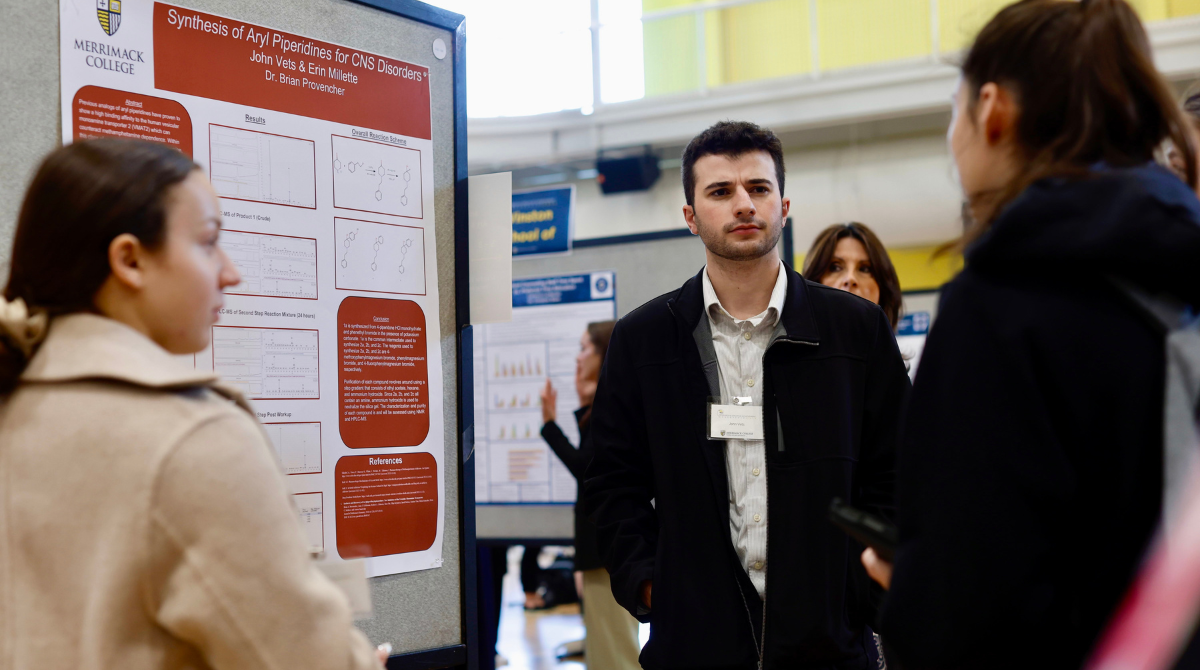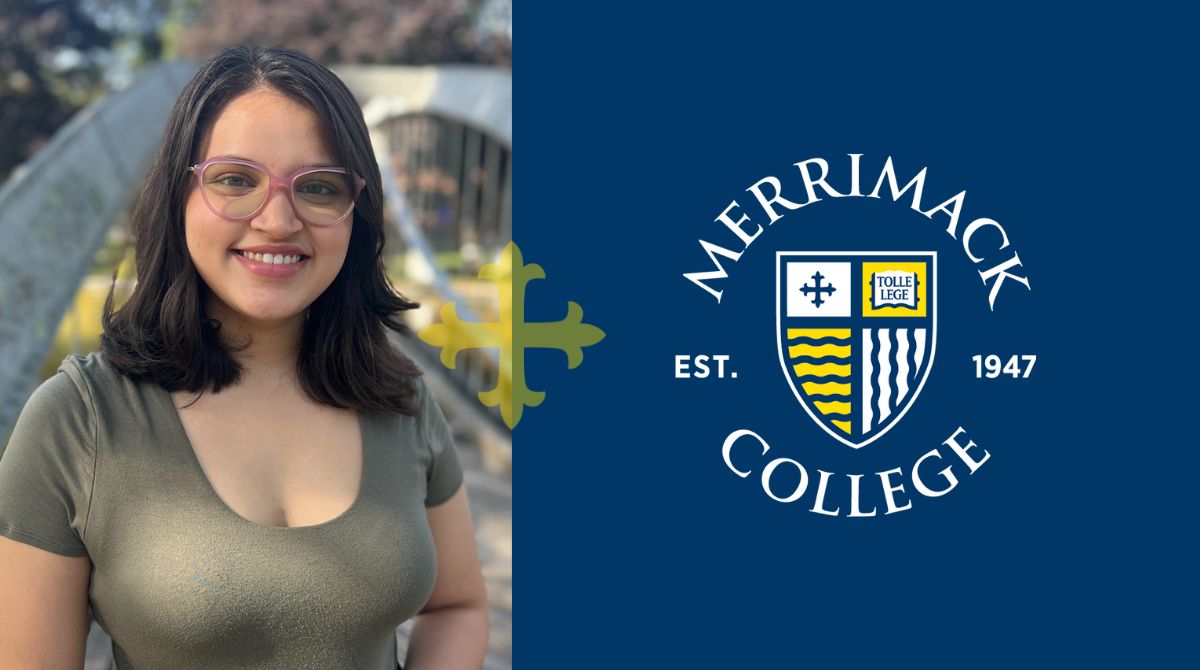The faces appeared, one by one, from out of the dark. It was a little like watching the speeded-up time-lapse of flowers opening.
This was our first virtual poetry class, with most students logging in from childhood bedrooms. A dog barked. Another joined in. An aunt asked about pork chops from the hallway. And then we started to go around the room (rooms) to say where we were, how we were doing.
Just before spring break, sitting around our table in the Writers House, I’d laid down the law: no more odes to Tom Brady.
“Push yourselves,” I said. “Look out into the world. Look in.”
Of course, none of us had imagined what we’d be seeing a couple weeks later.
From our new, on-screen vantage points, students spoke of anxiety and boredom, of missing friends, of concern for a grandmother with whom they lived. One student put his head in his hands. “Brady’s gone!” he cried. “The virus, fine, but Brady!”
And we all, in what felt like one room, laughed.
I’ve long thought of poetry as connective tissue: reading and/or writing it can connect us to what we didn’t know we knew or felt, to each other, and to our best selves. And poetry teaches or shows us that even when we feel isolated, we’re not alone in what we feel.
In that first online class, we looked at this poem by the Kentucky writer and farmer Wendell Berry:
The Real Work
It may be that when we no longer know what to do,
we have come to our real work.
and when we no longer know which way to go,
we have begun our real journey.
The mind that is not baffled is not employed.
The impeded stream is the one that sings.
It’s a poem, of course, that speaks to where we are now: a place of unknowing, of bafflement and impediment. And it reminds us, in the simplest language, that to be human is to find oneself at a crossroads, companioned by questions and by doubt. And that inside or through adversity, we may find that stream that sings.
In our second online class, we went around the room again. We were fortunate that those nearest to us were not ill. We were developing new routines, new rituals, however small. We were doing what all creatures do: adapt.
We looked at the poem, “Things to Do in the Belly of the Whale” by Dan Albergotti. It begins:
Measure the walls. Count the ribs. Notch the long days.
Look up for blue sky through the spout. Make small fires
with the broken hulls of fishing boats. Practice smoke signals.
Call old friends, and listen for echoes of distant voices.
Organize your calendar. Dream of the beach. Look each way
for the dim glow of light. Work on your reports.
It’s an old story: that of Jonah and the great fish. And, as one student said, “It’s where we are now.”
In Albergotti’s riff on the predicament, we get practical advice: measure, count, notch, look, make practice, call, listen, organize, dream, look, work. In other words, get busy!
We also read an array of dispatches from writers around the world describing their current views from inside the whale, and then students wrote their own accounts: chronicles of push-ups and tedium, keeping up with coursework, hand-washing, long walks, hearing birds and noticing trees, admiring doctors and nurses, and feeling uncertain.
I checked in a couple days ago with Dan Roussel, a junior who’s an RA, a poet, an editor of The Merrimack Review, and now back home with his family in Cranston, RI. He says he’s been buoyed by “seeing people come together,” and notes, in particular, the solidarity among workers at the hospital where his aunt is a nurse.
In this unimagined Spring, Roussel and his fellow editors are working intently (remotely) on The Merrimack Review and convening for regular writing workshops the same way.
“To understand things,” says Roussel, “I turn to poetry. And baking––caramel cookies, lemon loaves, a terrible sourdough. It’s a bit like Little House on the Prairie!”





